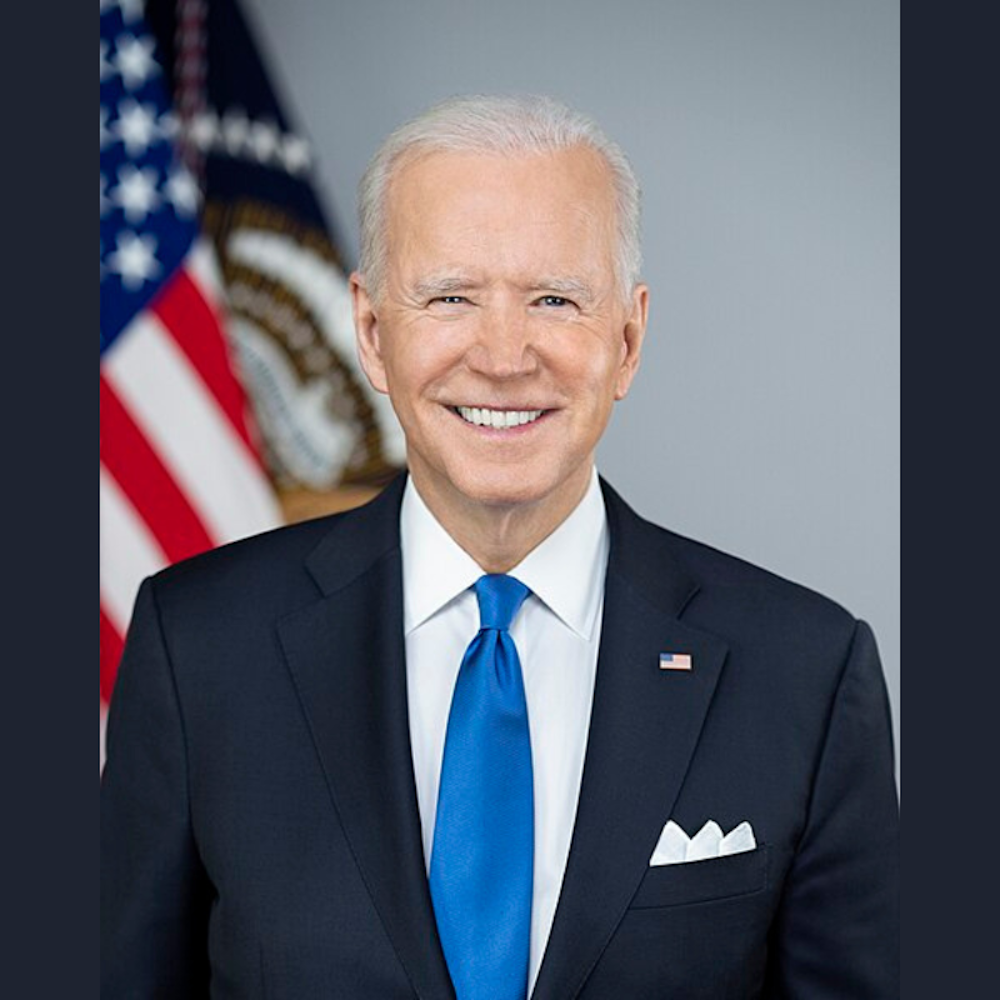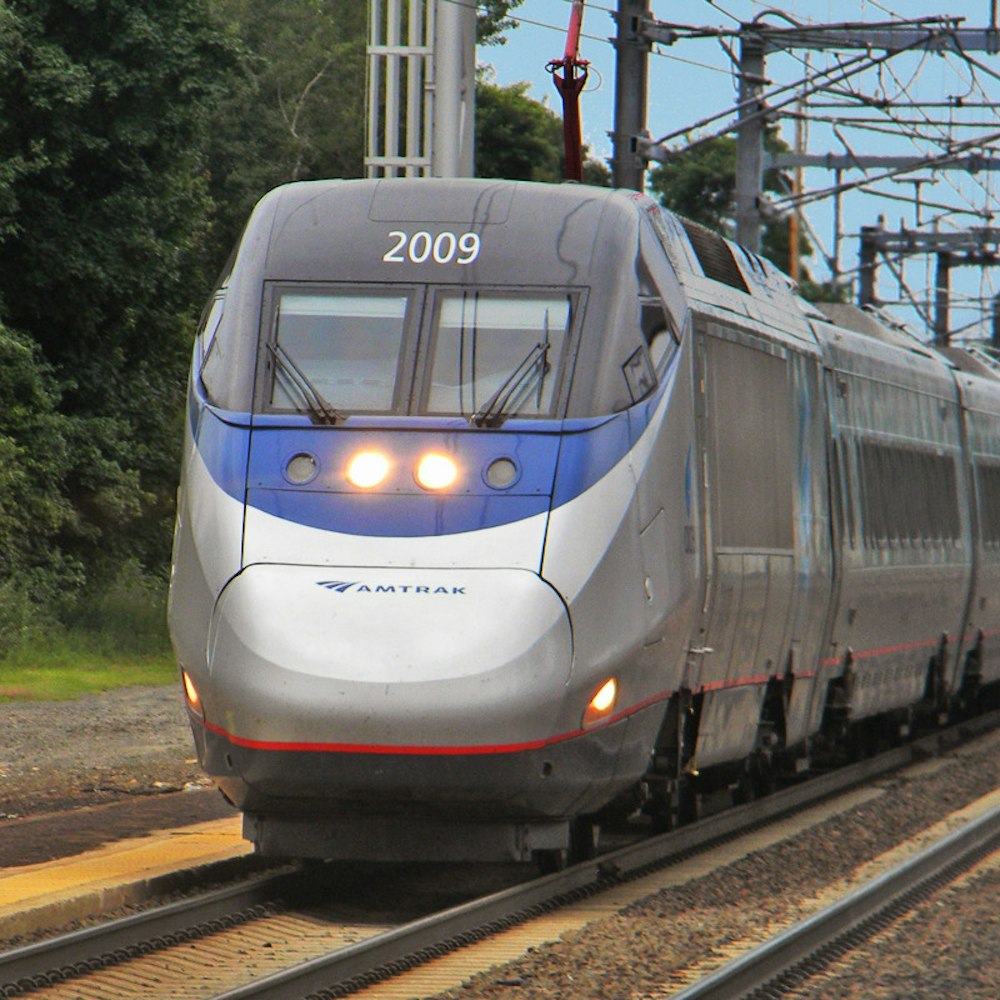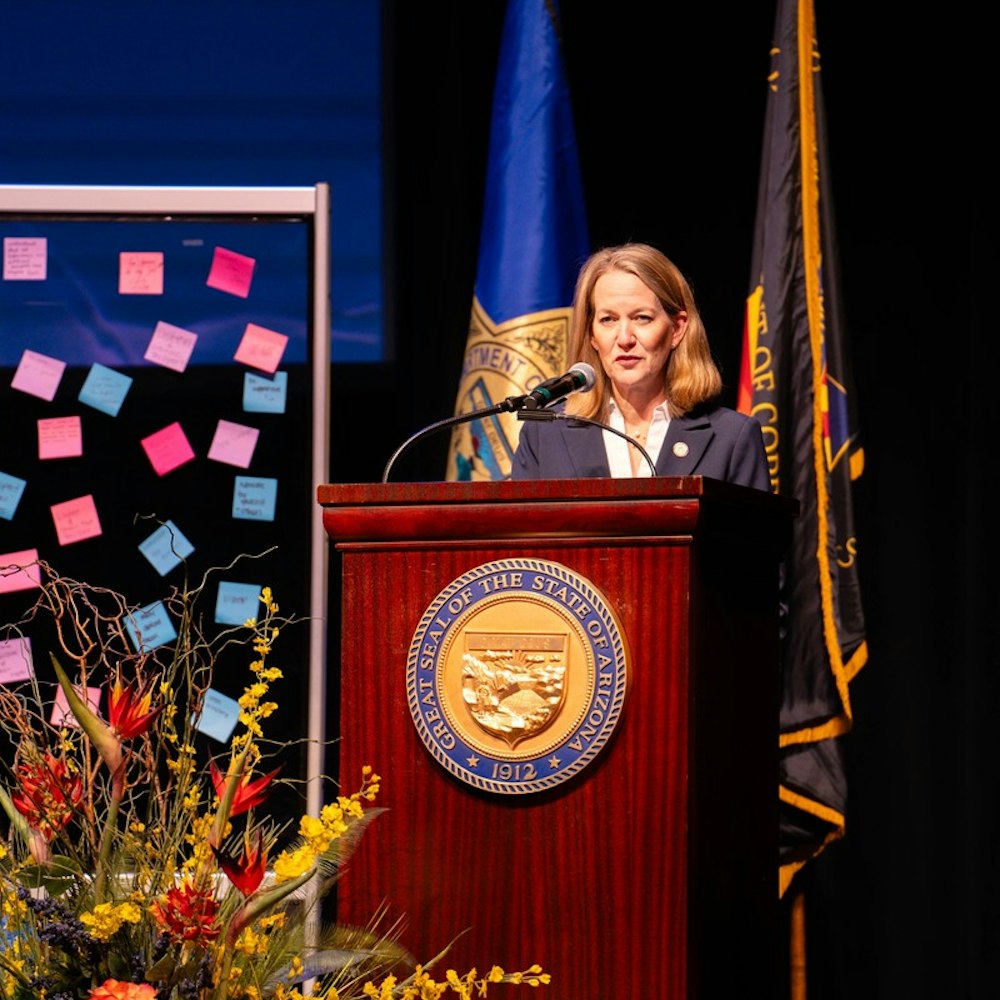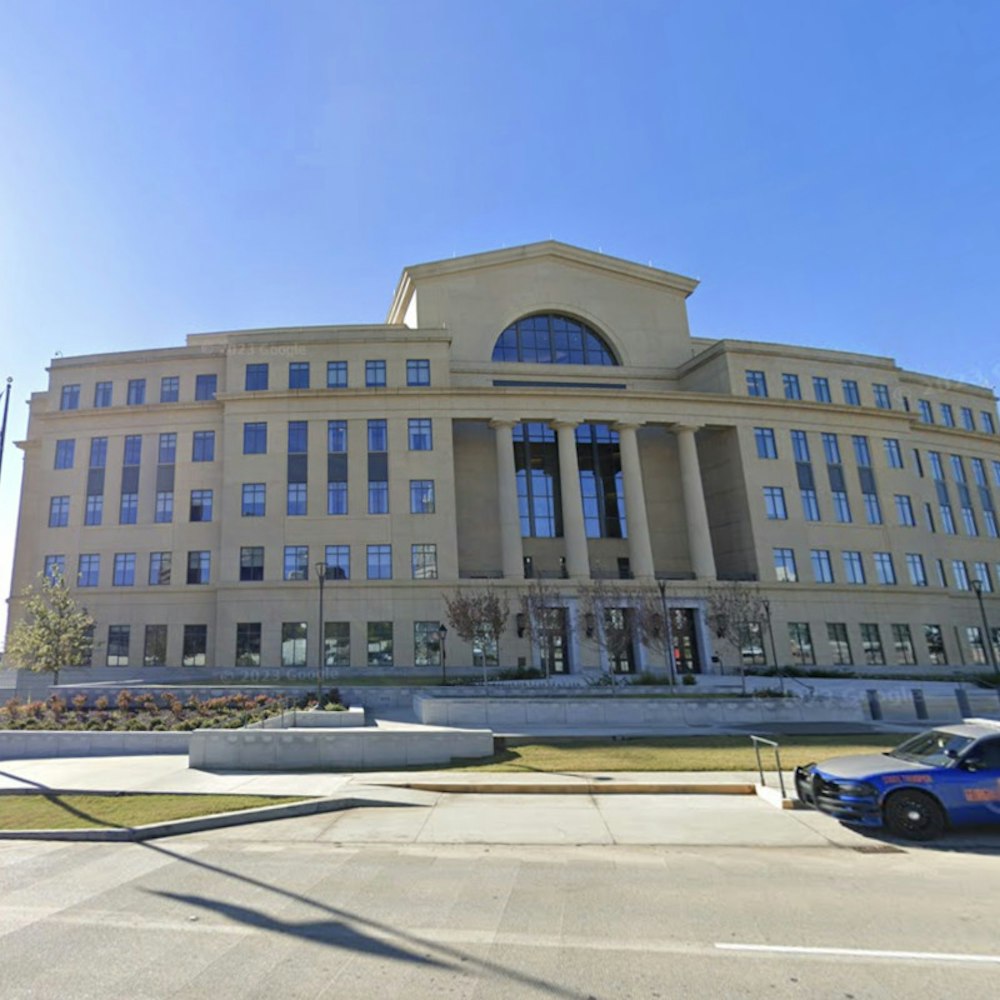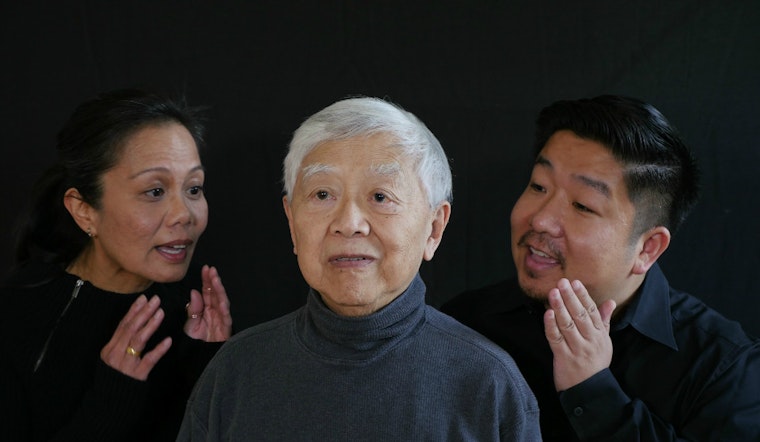
This weekend, artist, writer and activist Rene Yung is hosting the world premiere of "Golden Gate," “a multimedia storytelling theater work that brings to life the experiences of Chinese immigrants in the Bay Area.” It will be performed at the Southside Theater in Fort Mason.
Yung is the founder of Chinese Whispers, a multimedia project that focuses on “the overlooked history and experiences of the Chinese who helped to build the American West.” While "Golden Gate" will cover many Bay Area locales, much of it is centered around stories she heard at the Chinatown YMCA, “a heartwarming and vibrant organization that serves a broad spectrum of the population,” she said.
"The Y is an extremely vibrant organization with a long, long history," Yung said. "They are deeply engaged in the community. It's a place where both elders in the community and young people gather. In terms of 'institutional memory,' there's no better place for the kind of project I'm leading."

Rene Yung.
"So much has been lost toward the historical attitude related to Chinese immigrants,” Yung told us. The goal of "Golden Gate" is to bring together multiple generations of not only Chinese-Americans, but anyone touched by the immigrant experience, as it is “ultimately the story of the American experience.” History books often tell the story of how Chinese immigrants worked on the railroads and in the mines, "but we know very little about them as individuals," she said.
For "Golden Gate," Yung said that she wanted to focus on two types of immigrant stories in San Francisco: those passed down from the days of the Gold Rush to the mid-1900s, and those from what she calls contemporary immigrants who have only been in the country for six months to 15 years.
For the latter part of the piece, she conducted four YMCA storytelling workshops with adults who are recent immigrants, adults who have been here for some time, and youth. “We are not interested in recreating history that is lost,” she said. “We are trying to make these everyday stories heard.”
Chinese Exclusion
Yung feels the younger generation of Chinese immigrants in San Francisco don't have a connection to the historical struggles many experienced during the Gold Rush and during the construction of the transcontinental railroad.
Many are also not familiar with the Chinese Exclusion Act of 1882, which prohibited Chinese laborers from entering the country after the railroads were completed. And "a lot of parents don't want to talk to their children about how difficult it was to emigrate,” Yung said. “But the history of Chinese immigrants is important to the historical narrative of this country.”
The Chinese Exclusion Act was just the beginning of the discriminatory practices used against Chinese immigrants hoping to come to the United States. The Emergency Immigration Act of 1921 placed a quota on the number of immigrants that were allowed in the country, capping it at three percent of the number of residents of that same country living here, based on 1910 census data.
Simply by virtue of the number of European immigrants already in the country, Chinese immigrants were less likely to be granted permission to emigrate under the act. In fact, it wasn't until the Immigration and Nationality Act of 1965 was passed that immigration quotas were no longer based on country of origin, and allowed for preferential treatment of those who had special skills or family members already living in the United States.
Some believe that the passing of this act may have been merely symbolic, given that it came during the height of the civil rights movement. However, it paved the way for more Chinese immigrants to legally move to the U.S. Yung told us that this was the reason she was able to emigrate from Hong Kong in 1966, where a majority of Chinese immigrants to the U.S. originated at the time.

Contemporary Immigrants
With many recent immigrants coming from a newly prosperous mainland China, Yung believes there is also a disconnect from the hardships that many have endured in the past.
“Many of these new immigrants left comfortable lifestyles in their homeland, but did so for what they literally believe is the American Dream,” she said. “They do it because they think that there is more hope here. I would say that 95 percent of new Chinese immigrants come here for their children.”
She also noted that many people she's spoken to in her storytelling workshops have expressed how “shocked they were at the living conditions in Chinatown,” something that they were not expecting when they moved to San Francisco.
Yung said that she was most impacted by the stories that she heard from contemporary immigrants, and said that those who participated were surprised at how cathartic the experience of storytelling proved to be for them. Many of the new immigrants found that they had similar experiences moving to San Francisco, and were excited to be able to make connections with others in similar circumstances.
One of her favorite stories was shared by a mother who she categorized as a contemporary immigrant. When her son would come home from school, she would greet him with the informal phrase for "How are you?" in Cantonese—“sik zo faan mei aa?”—which literally means, “Have you eaten (rice) yet?” But her son missed being able to eat rice at lunch, as the school cafeteria didn't serve it. He asked his mother to instead say, “Have you eaten lunch yet?” Yung said that the mother happily obliged, realizing that it was her son's way of saying that he was struggling with assimilation.
The storytellers in the production come from a wide range of ages and experiences. The most senior member is third-generation American Ford Lee, who is 84. "It's important to know how people survived, and what we had to face, and what we had to overcome," Lee said in a promotional video for the production. "It's a wonderful vehicle for sharing my family's experience."
"Golden Gate" runs from March 18th–20th, with shows at 8pm on Friday and Saturday and 2pm on Sunday. (Friday's performance is already sold out.) Tickets are $20 ($15 for students and seniors), and can be purchased from the Fort Mason box office or by calling (415) 345-7575.
